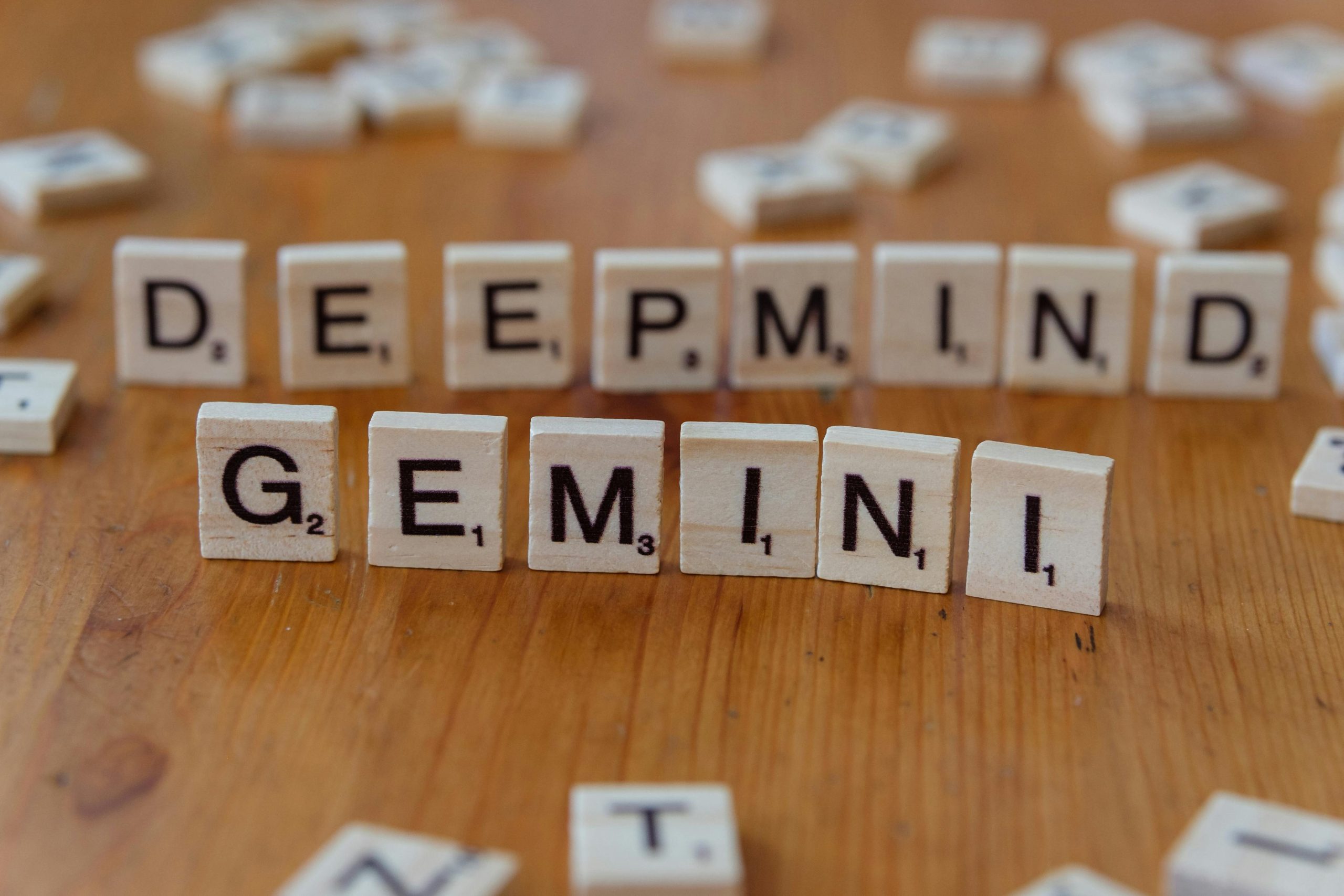Understanding the Gap Between Human ‘Being’ and ‘Doing’ and Its Implications for AI
The Distinction Between Human Beings and Human Doings: Implications for AI
In exploring the nature of humanity and the evolving landscape of artificial intelligence, it’s essential to examine the distinction between a “human being” and a “human doing.” This inquiry not only sheds light on our identity but also raises important questions about the capabilities and limitations of AI.
To begin with, the term “human being” encapsulates the state of existence encompassing consciousness, self-awareness, and reflection. This state can manifest in various forms—whether we’re lost in thought, savoring a moment of solitude, or engaged in physical activities like driving or exercising. Each of these activities has its own nuances, yet they all contribute to the essence of what it means to be human.
On the other hand, the concept of a “human doing” emphasizes the actions and tasks that occupy our time. From professional responsibilities to daily routines, our activities often define our roles in society. But are these actions solely representative of our identity, or do they overshadow our deeper, reflective capabilities as beings?
Consider introspective practices such as meditation. This technique invites individuals to delve into their inner selves, allowing for moments of profound peace and clarity. But can AI systems engage in such a reflective practice? While AI can analyze data patterns or simulate responses, it lacks the intrinsic consciousness that defines human experience.
These questions lead us to ponder: Is the act of thinking itself fundamentally altered by the activities we engage in? And can an algorithm, devoid of awareness, ever truly grasp the essence of mindfulness or self-reflection?
In conclusion, recognizing the difference between a human being and a human doing not only allows us to appreciate our complex nature but also challenges the boundaries of AI as it continues to advance. As we navigate these philosophical questions, it becomes increasingly clear that the relationship between humanity and technology remains a significant and evolving dialogue.














Post Comment